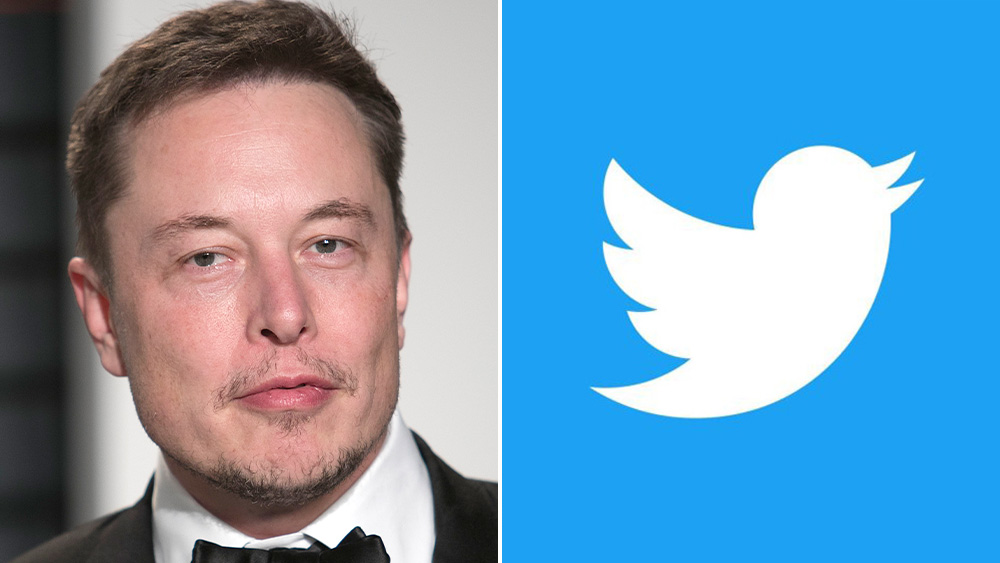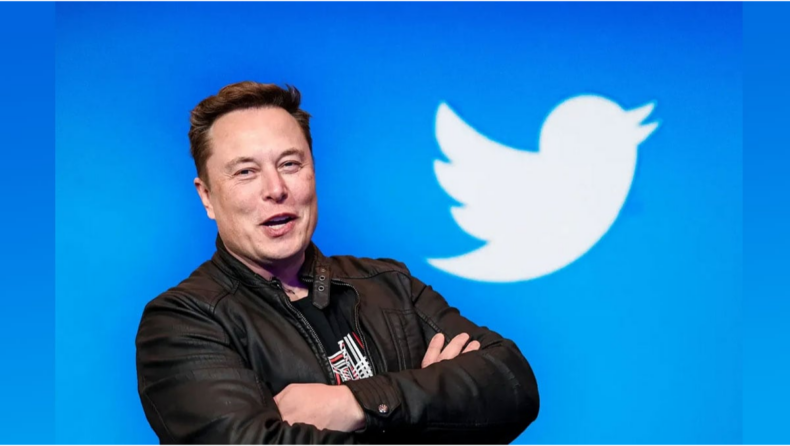The Tesla entrepreneur Elon Musk’s $44 billion offer for Twitter was not discussed at Twitter’s regularly scheduled shareholder meeting on Wednesday.
However, the idea of the buyout and the turmoil surrounding it seemed to be on everyone’s minds.

CEO Parag Agrawal stated that executives would answer no queries about the idea. Even a stockholder’s inquiry about what would happen to his shares if Twitter was bought and taken private was dismissed.
Elon Musk, one of Twitter’s top shareholders, did not attend the meeting, although he might have.
Meanwhile, shareholders will vote on the acquisition at a later date that has yet to be announced.
The drama surrounding Elon Musk’s offer, which he almost entirely orchestrated, threatened to boil over into Wednesday’s proceedings.
Frequently, he is mentioned in shareholder motions.
The New York State Common Retirement Fund proposed a study on Twitter’s standards and processes for political donations made with corporate monies. It was approved in a preliminary vote.
Insufficient votes
Initiatives from two conservative groups failed to gain enough votes to pass.
“Anti-racism” initiatives that pursue racial/social justice were characterized as “very racist” by one.
At the same time, they called for an investigation of the company’s impacts on civil rights and non-discrimination by another.”
The other demanded more critical information on the company’s lobbying activity.
Several solutions addressed the serious existential battle among Twitter’s users, employees, shareholders, and staff.
Stockholders have criticized the company for its perceived liberal politics and prejudice against conservatives (for which there is no proof).
In contrast, others have charged that the organization fails to protect users from harassment, abuse, and disinformation.
Elon Musk’s “free speech” policy — which he has implied will govern the firm if he takes over but has not provided details — has only fueled the debate.
Elon Musk stated that if he took control of Twitter, he would be able to do rid of the bothersome “spambots.”
However, he has been suggesting that there may be too many such automated accounts for sale to go through without providing proof.
The world’s wealthiest man’s abrupt flip made little sense unless it was a ruse to scuttle or renegotiate a transaction that had become increasingly expensive for him.
The fact that the whole process is taking place in public — on Twitter, no less — adds to the instability that has characterized Elon Musk’s bid from the beginning.
In a tweet earlier in May, the mercurial billionaire said Twitter’s estimate was too low. The acquisition was “on hold” to pinpoint the number of spam accounts and fraudulent accounts on the social media network.
However, analysts believe Musk cannot put the transaction on hold unilaterally, yet he acts as if he can. He might be liable for a $1 billion breakup fee if he walks away.
Twitter could also sue Musk to force him to make the deal. However, this is very unlikely.
The impact of Twitter’s shares
Twitter’s stock has been dragged down by uncertainty. Investor concerns have pulled down this year’s stock market over the social media sector.
Then, late Monday, Snap, the company behind the vanishing messaging and video special effects app Snapchat, issued a severe earnings warning, claiming that “the macroeconomic climate has worsened farther and quicker than anticipated” since last month.
Social media businesses are vying for the same pool of advertising dollars, which is increasingly threatened by rising prices.
Apple Inc. changes that might limit the information social media platforms collect on users, a key selling point for marketers.
Snap Inc.’s stock fell 43% on Tuesday, but it regained some of its losses on Wednesday, recovering roughly 12% to $14.31.
On Wednesday, in early afternoon trading, Twitter shares were up $1.09, or 3%, at $36.83. Elon Musk has agreed to pay $54.20 per share for his stock.
Shareholders slammed Facebook’s corporate parent, Meta Platforms, and its founder, Mark Zuckerberg, on Wednesday at their annual shareholder meeting.
The barrage was aimed at Facebook algorithms, lax controls over disinformation, and offensive content.
Disgruntled shareholders said they had harmed democracy, encouraging murder and mayhem, and harmed children.
Read More – Twitter gets sued $150 Billion













